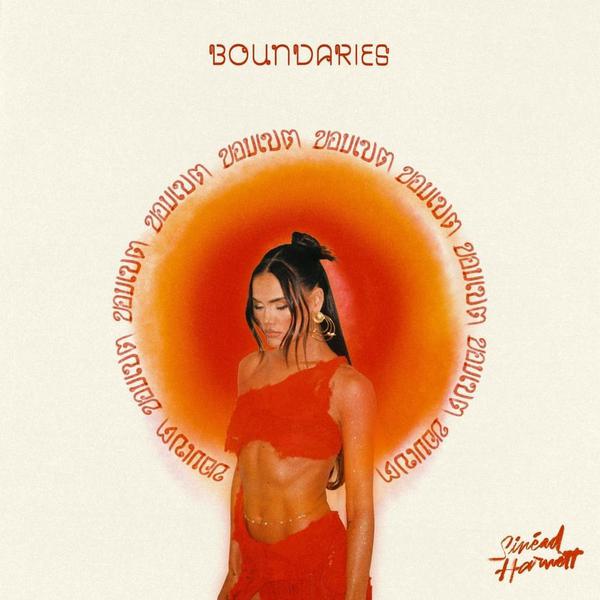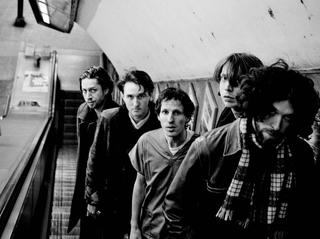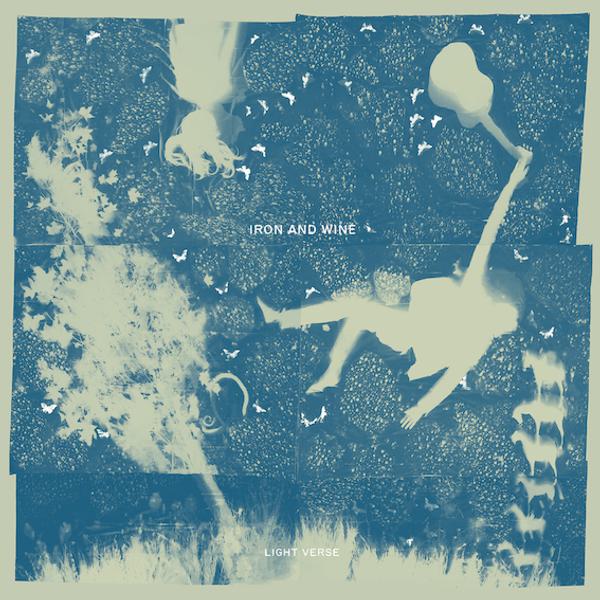
Anna Calvi: “Creativity needs limitations”
Anna Calvi must be getting used to the acclaim and anticipation by now. Since she appeared on the scene in 2011 with her self-titled debut album, she’s garnered praise from critics and fellow musicians alike: one of the artists on the shortlist for the BBC’s Sound of 2011 poll, loved by Nick Cave and Brian Eno, nominated for the Mercury Prize and, alongside tour support for Grinderman, playing her own rather large headline shows. These admirable plaudits position her as an artist whose work is “hotly anticipated” by an audience who just want to hear what her latest music sounds like.
Two years on from her debut, Calvi is about to release her second album, One Breath. Although a fair amount of time has passed – at least in terms of how quickly the music world moves –her sophomore album was actually recorded a lot quicker than the debut. One Breath was recorded during, and concerns itself with, a period of change and upset in Calvi’s life: a family member passed away, she suffered bouts of depression and struggled with both losing or keeping control. Made with producer John Congleton in France and Texas, it’s both an expansion of Calvi’s emotional palette, and a rawer experience than Anna Calvi - yet its use of strings and intimate recording style make it a record with as many epic crescendos as quiet moments. Where a track like ‘Eliza’ might sound like the Calvi we know and love from the debut, the distortion-heavy ‘Love of My Life’ and some of the classically-influenced songs show off a brilliant new dimension. With One Breath being a great leap forward and a thrilling listen, Best Fit caught up with the quietly-spoken (I know, with that voice!) Anna to find out how comfortable she was with addressing loss and depression so openly:
“I think it’s a natural thing to want to try to get to something that feels like it’s as honest as possible when you’re writing,” explains Calvi. “Although it was a turbulent time when I was making the record, I feel that ultimately it’s a hopeful record about kind of rebuilding yourself, and it’s about transition. I suppose that something I was personally addressing in my life and through my songs.”
I suggest that the key is to avoid be overly confessional or wallowing in misery, and maybe Calvi approaches it in the right way, shrouding her feelings through lyrics that are more abstract than direct: “Yeah – I think it’s finding a way of addressing things that are important to you in way that’s more interesting,” she agrees. “For example, the song ‘One Breath’ is about the breath before you say something really important. That is something I experienced this year, and that I had to do, but I don’t actually say what it is.” Is that important, to hold just a little bit back? Anna states: “Do I have to actually say that the song is actually about the breath before ? That’s kind of a way of talking about what’s happening in your life but without having to divulge everything – that’s my way of dealing with personal things without being overly confessional.”
Turning to the actual sound of One Breath, I say to Anna that there’s a noticeable “live” feel to many of the tracks. Was that something she wanted to capture, or was it more a product of the way the album ended up being recorded? “I wanted there to be more scope,” explains Calvi, “like a wider spectrum of sound and a wider spectrum of emotion on this record. I think there are times when it sounds more ‘live’ than the first record, partly I guess because we’ve been playing together for two years on the road so we’re much more comfortable playing together, and so there’s a more live sound to songs.” Calvi goes on to say she doesn’t think the whole of the album has that live feel, though: “There are also moments where I wanted to go into my classical influences, and orchestral influences, so there are more string arrangements than on the first record. So I think it’s gone further both ways, in a way.”
{pagebreak}

For Anna Calvi, the singer and guitarist was influenced by Edith Piaf, Jeff Buckley, Debussy and Flamenco music, so was there anything she was listening to that pushed the new album in a particular direction? “I listened to a lot of Tom Waits, actually,” reveals Calvi, “because I was interested in how he didn’t use conventional guitar strumming to get the sound of different chords changing. He used a lot of tuned percussion too, on an album like Rain Dogs - and that was something I was interested in exploring because I wanted the guitars to come in at the emotional apex of the song, to have a really striking moment as opposed to just a strummy accompanying instrument. So that record was quite important.” And as Calvi herself has already mentioned the classical influence on One Breath, what was she listening to from that genre? “Well I listened to quite a lot of minimalist music; I listened to Steve Reich, John Adams, and I also listened to Ligeti. Was that because of the choral sounds, I ask? “I love choral music” agrees Calvi, “and I wanted to get that kind of element somehow into the record. So I listened to Rachmaninoff and Rossini, and that kind of affected some of the choral elements of the record.”
The choice of John Congleton as producer is an interesting and perhaps even an obvious choice given who he’s worked with (St. Vincent, Shearwater, Bill Callahan, The Black Angels, Amanda Palmer, to name a few) and how different those artists are to each other. So how did Calvi end up working with him? “A mutual friend put us in touch,” she explains, “and the thing I liked about him was that all his records sound really different. I really love the sound of the Bill Callahan records, and I like the Amanda Palmer record – and they’re just so different. I just thought that was a really important aspect, to have someone who wouldn’t try and change who you are to put their own stamp on it. And he likes to find unusual ways to create sounds and be quite experimental, which is something that appealed to me. He was also enthusiastic, and I think that enthusiasm is an important part of whether or not you’ll work with someone….there’s a genuine excitement about creating and collaborating. So he seemed like a good choice.” I ask if the shorter recording time was necessary for One Breath, or if it was simply the natural way to work. “It was more out of necessity really! With the first record,” begins Anna, “a lot of it was done before I was signed so I didn’t have any time limit on it. This time, obviously, it had to be done in a specific amount of time; but I think that’s good in a way as creativity needs limitations. I don’t think it helps when you have no limitations on what you can do, and I found it encouraged me, thinking more from instinct rather than just going round and round and developing, which is what happened the first time.”
Given the accolades for the debut album, and the anticipation for the follow-up, does Calvi feel any pressure to produce another acclaimed record? “I would never be able to predict what people in the outside world would want from music,” she states. “And I don’t think anyone can, in a way, or everyone would be millionaires! The only thing I can do is make music that’s truthful and makes me happy…so any pressure is pressure to try and make myself feel content.” So does praise or criticism not bother her, or affect the creative process? “It doesn’t impact on the creative process,” affirms Anna, “but obviously it’s really nice – though honestly, the most important thing is to make something you’re happy with and if other people like it it’s amazing and it’s great and you feel lucky…but that’s the thing, you feel lucky. You don’t ever take it for granted and assume people are going to like what I do. I’m also aware that that comes and goes; but my personal feeling of whether I’m fulfilled with my work, that’s what I have control over and that’s the fundamental and most important thing.”
Now that ‘Suzanne and I’ has been joined by ‘Eliza’ and ‘Tristan’, I had to ask before we parted ways what it is with Anna, and Bat for Lashes’ Natasha Khan, using names quite regularly as song titles. Anna explains: “Well….it’s specific to what the song is about! But there’s something really romantic about singing someone’s name. It gives it a personal feeling…and I guess I’m just fan of it. You know, talking about Natasha’s songs, I love the songs of hers where she talks about a certain name, like ‘Daniel’, it’s great. It’s a really nice thing to do for someone, to address it to somebody.”
One Breath is out now on Domino Records.
Get the Best Fit take on the week in music direct to your inbox every Friday

Sega Bodega
Dennis
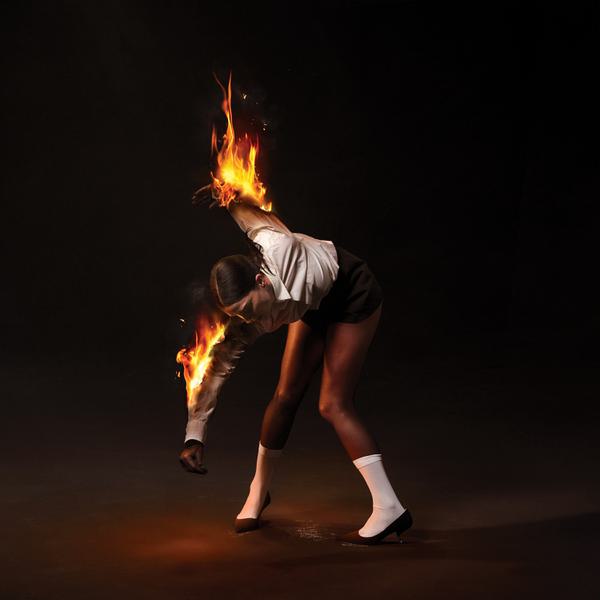
St. Vincent
All Born Screaming
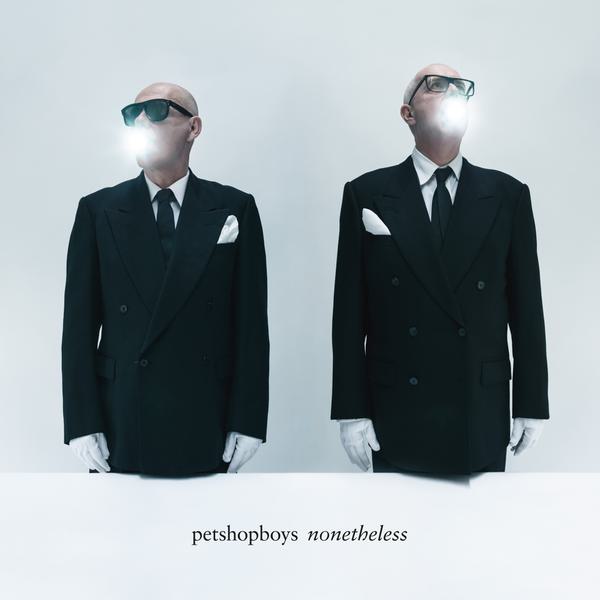
Pet Shop Boys
Nonetheless
